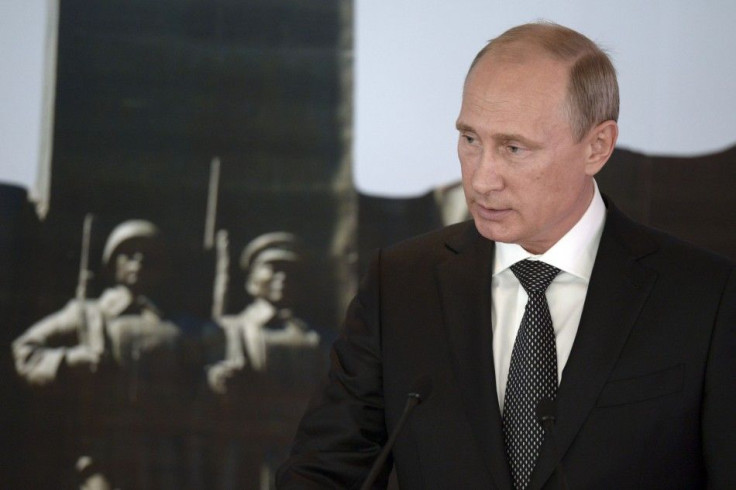Russia's New Tactical Nuclear Weapons Program Growing Confident Against the US: Talks of World War III

Russia has been making headlines left and right recently particularly for its move on Ukraine. Vladimir Putin came in the news following the G20 conference in the Philippine and more talks about its nuclear program and Russian troops in Ukraine. Analysts also point out the disconcerting trend about Russian perspective and its confidence in its military technology and capabilities.
In a series of analyses about Russia's recent moves, many place the country's thinking similar to it situation in the Cold War. According to Forbes, the United States may have gone forward but Russia has been caught in the same mentality for 25 years. If Ukraine's invasions do not sound alarms then perhaps their new generation of tactical nuclear weapons would let people think otherwise.
The proliferating idea is that Russia may think of using their new nuclear weapons under the premise of "tactical." Ideally, no nation would risk waging over something like that. Last September 10, Putin claimed that the country will create a new guaranteed nuclear deterrent against NATO and the United States. It appears that Russia believes its tactical nuclear weapons are beyond NATO's and the United States.
PRAVDA reported that Russia now has 5,000 weapons of varying tactical classes. These include torpedo, Iskander, artillery and aerial warheads. Russia has created new generation long-range missiles reportedly to be released on Black Sea Fleet submarines and Caspian Flotilla missile chips. On a graver note, U.S. State Department claimed in a report (via Forbes) around early September, Russia may have surpassed the United States in nuclear weapons capability. This is the first time for both countries in 40 years.
Bloomberg provides more evidence about the growing concerns over Russia as the country's jets probe NATO airspace along with war drills threatening some of the European nations. Bloomberg further cites European Leadership Network calling the events as "a highly disturbing picture of violations of national airspace". The security research group also noted the incidents to be "narrowly avoided mid-air collisions."
The upside on the matter, according to NATO, is that it learns more about Russia every time it tries to make a move. U.S. Air Force General Philip Breedlove shared: "Clearly, every time we come into contact with Russian forces and every time we see their tactics and how they deploy, we do learn about them." However, this does not spare the organization from feeling "scared" according to Bloomberg. Academic director at the German government's Federal Academy for Security Policy in Berlin, Karl-Heinz Kamp, discussed that Russia's swift mobilization of around 20,000 up to 40,000 Russian troops in Ukraine has got NATO worried.
Russia's aggressive moves and surfacing nuclear efforts have also brought out purported World War III talks among people.



















